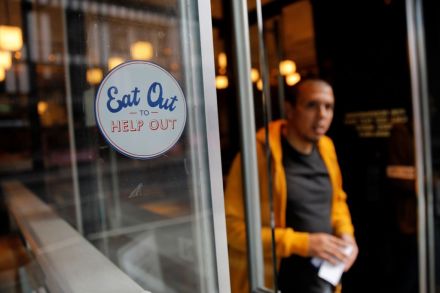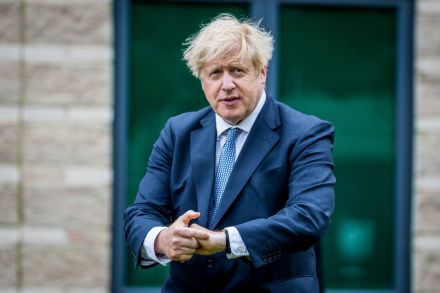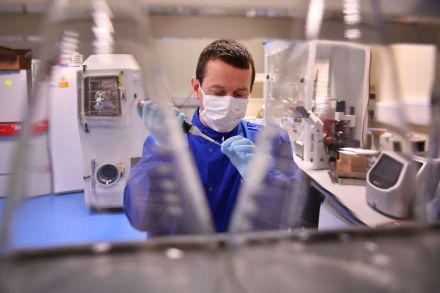Rishi-mania hits restaurants
It has been a long few months for the Prime Minister, who has seen both his personal and his party’s poll-ratings take a hit, as the government struggles with the coronavirus pandemic. However, there is one Tory whose popularity continues to buck the trend. Step forward Rishi Sunak. The Chancellor of the Exchequer appears to be able to do no wrong in the eyes of many, as he has splashed the cash to help Britons get through lockdown. Having made a bold stroke early in the crisis with the furlough scheme, which has cost over £30 billion so far, Sunak’s latest move is the introduction of ‘Eat Out to Help




















